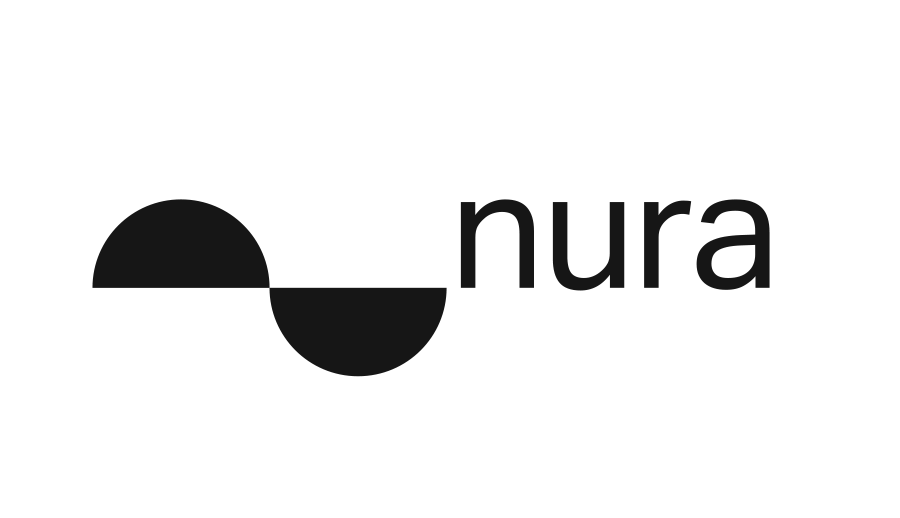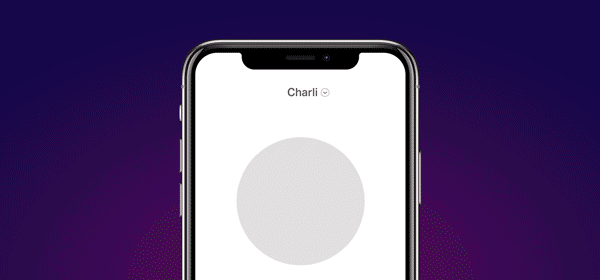Dear reader, while writing this newsletter I have personally learned a lot from discovering unique business models. If you found value from the regular editions, I would greatly appreciate it if you could share it with your network. You can click here to tweet about it.
This company (nura) was recommended to me by a dear friend Oleg Kurochka. If you know about companies with a unique business model, please do share those with me and I’d love to cover it in more detail for all readers. The newsletter crossed 200 subscribers last week, thanks to everyone who shared it with their network!
This is Edition #14 of the newsletter. You can find the previous editions here.

nura
Nura is a consumer electronics company based in Melbourne, Australia, that designs and manufactures headphones with personalized sound technology. nura's proprietary technology automatically measures the user's hearing sensitivities to different frequencies by monitoring otoacoustic emissions (a sound that is generated from within the inner ear). Yes, our ears make a sound! This sound is about 10,000 times smaller than the sound that went in. The company also delivers new software updates to devices through over-the-air updates (like Tesla).

Stats
🐣2015 Founded, launched the product in Oct’17
💸$21.9M Raised (HAX, Kickstarter, Blackbird Ventures)
💰$1.8M Raised in Kickstarter crowd-source campaign for an original goal of 100K. Largest Kickstarter campaign for an Australian company.
How does nura make money
Unlike other hardware product companies (Apple, Sony, Bose, Samsung etc.), nura has a very unique and interesting business model. While it also sells its product at an upfront fee, nura innovated its model with a one-of-its-kind hardware subscription model NuraNow.
NuraNow
nura sells its headphones on subscription, allowing users to pay for their product month-to-month, and to receive upgraded tech every two years. It is not a rent-to-own program and the customers can choose to discontinue their subscription, in which case, the device will be automatically disabled and the customer has to send the device back in 30 days. Here are the tiers for Nuraphone:
$9 per month with an up-front fee of $100
$12 per month with an up-front fee of $30
$15 per month with no up-front fee
AND, Nura has a pretty sweet deal it refers to as “worry-free warranty.” If the Nuraphone breaks, it’ll replace it. If you lose them or have them stolen, it’ll replace them. If you accidentally damage them, you’ll get a new pair.
So, why is Nura doing it?
Simply put, it’s a way of getting a weird and expensive product in front of people. The NuraNow subscription-model gives people intrigued by the Nuraphone – but too cautious to just buy them – the chance to try out a pair for themselves. I find this a very smart way to enter a super-crowded and saturated headphone/earphone market and foresee other companies copying this model very soon!
Are we moving to a subscription economy? Many companies are now adapting to offer expensive products on subscription - a “Netflix for X” business model. Along similar lines, Singapore has its “Netflix for Cars” company Carro which lets you subscribe to a car instead of buying one. I’ll probably cover its model in another edition!
For more such content, follow me on Twitter.
If you stumbled across this post and would like to receive a weekly article about innovative business models, subscribe now!



